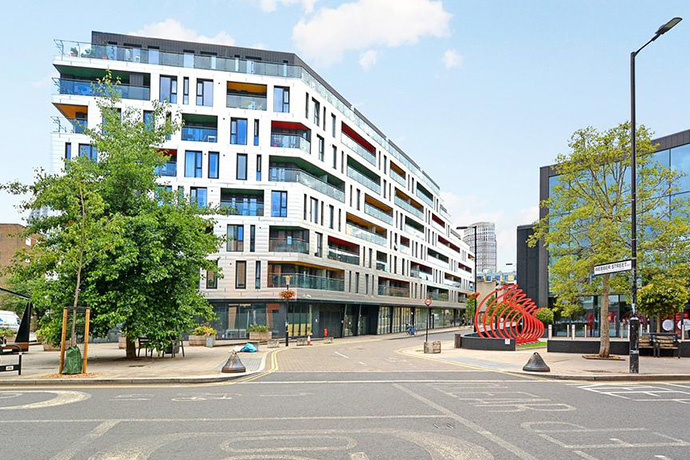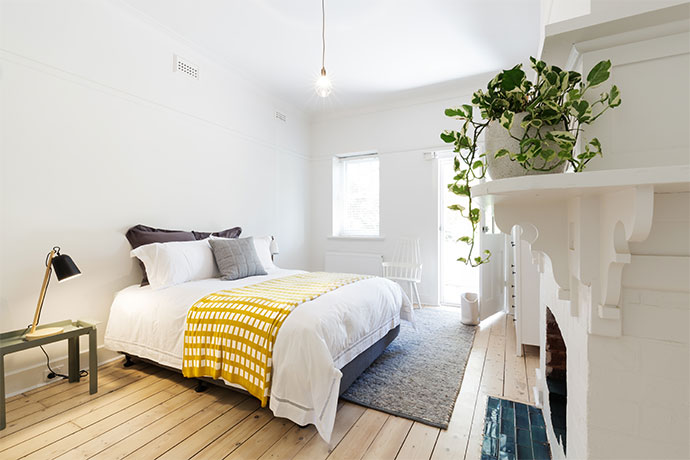
MIH TEAM
02/05/24
Cladding Remediation – a Case Study
020 3637 7968
info@mihproperty.co.uk020 3637 7968

We look at the legal ramifications of letting your home for short periods
It has become increasingly popular in recent years, to rent a room, a part of your home such as an annexe or studio, or even your whole home, for a night or short term let. Popular services such as Airbnb, booking.com, vrbo and more, make arranging these lets simple and relatively trouble free, in principle.
Short lets are seen by many as a flexible way to boost income and a welcome additional revenue stream during the cost-of-living crisis and challenging financial times. What’s more, there is a ready demand for this service as people opt to rent a private home, often with interesting and unusual features, over a costly and often sparsely equipped hotel.
However, some believe that Airbnb and its cohorts are fuelling the capital’s housing crisis by offering landlords a lucrative alternative to letting to long-term tenants. A possible downside to the short letting market.
What many people don’t realise is that there are specific rules governing short lets in the capital:
In Greater London, the law prohibits homeowners from letting whole properties to guests for more than 90 nights a year without planning permission from the local council for ‘change of use’ of the property.
The same laws do not currently apply to property outside of Greater London, though there are rumblings on the horizon of a possible change to this law in the future.


Check with your mortgage provider to ensure that the terms of your mortgage permit the subletting of your property. If it does not, you may find yourself with penalties if the matter comes to attention. If you are a leaseholder, we recommend that you also check the terms of your lease before jumping into the short let market.
Similarly, not all home and buildings insurance policies allow for possible damage caused by 3rd parties renting your home. You may find your policy invalidated if something happen – a fire or flood for example – in your absence.
When planning to let your property you would need to carry out a risk assessment, define an escape route and provide appropriate fire extinguishers. This, alongside other requirements to ensure compliance and safety. Airbnb and other similar services can give guidance on these matters, but they must be adhered to.
As with the letting of rooms, you generally cannot offer your rental property as a short let. In most standard rental contracts, subletting is simply prohibited. You would need to check the terms of your contract with your landlord or letting agent, but it is highly unlikely that it will be allowed.
Whilst the prospect of making extra money is very tempting, there are enough tails of woe following short lets to act as a caution.
If in doubt, it’s well worth taking time to investigate. It’s fine when everything is fine, but if a problem arises, be that disgruntled neighbours who report your property to the local authorities, noise problems or damage to your property you can quickly find yourself in deep water and out of pocket if you have broken the terms of your mortgage, lease, rental or insurance.
If you need advice concerning your properties and your rights in the short term lettings market…